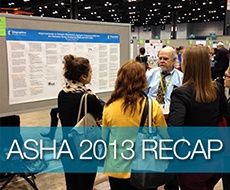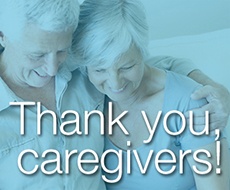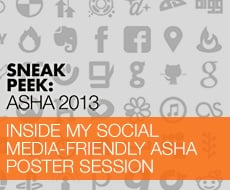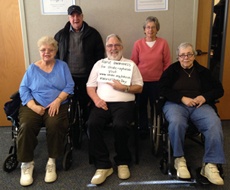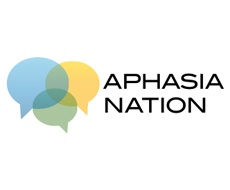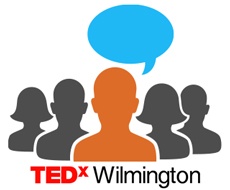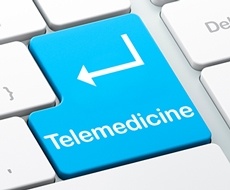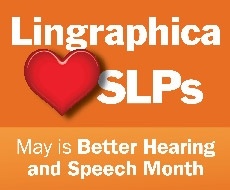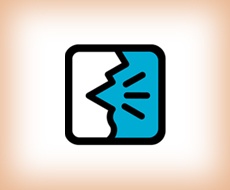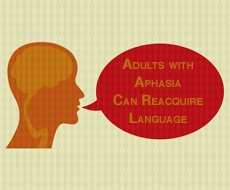This year at the national ASHA Convention, Lingraphica had the largest showing of new products and clinical presentations and poster sessions we have ever had. In addition to sharing our new solutions, we had many quality conversations with speech-language pathologists (SLPs). We saw some familiar faces and met some new ones, and we are thankful we did! The ASHA Convention continues to inspire us to create great products and solutions to transform the lives of people with aphasia. Below, I captured some of the highlights of the convention.
Each year more Americans are caring for a loved one with a chronic condition or disability. Today there are as many as 90 million family caregivers in the United States. The Pew Research Center estimates that four in 10 adults in the U.S. are caring for an adult or child with significant health issues. These statistics grow higher every year, which makes National Caregivers Month even more significant.
Caregiver
A patient diagnosed with aphasia often faces several speech-language pathologists, multiple facilities, and various insurance plans with separate therapy requirements. These requirements can be as varied as the disciplines they encounter along their care continuum, which can span many years and adhere to multiple plans-of-care. Herein lies today’s challenge for SLPs that work with people with aphasia: How do we maximize the therapeutic benefit for our patients when managing a complex population that requires the involvement of multiple clinicians in an ever-changing healthcare system?
Today is World Stroke Day! On this day, organizations and individuals from around the world are partnering together to raise awareness of stroke. Because an estimated 25 to 40 percent of stroke survivors have aphasia, it's important to educate the public about both stroke and post-stroke conditions like aphasia.
Behind many individuals with aphasia there’s a speech-language pathologist (SLP) providing support, sharing educational materials, and helping their recovery. As The Aphasia Company™, Lingraphica wants to support SLPs in this ongoing effort. So, we’ve built a LinkedIn group called Aphasia Nation just for SLPs and speech-language professionals.
Twice a month individuals with aphasia and their caregivers gather at our office for the Lingraphica Aphasia User’s Group. Many times we see our friends eager to converse, but frustrated because it's difficult to do so. This experience is unforgettable, motivating, and inspiring. In fact, the interaction with our user’s group helped spark our interest in participating in the regional TEDx talk in Wilmington, Del. Little did we know that our CEO Andrew Gomory’s TEDx talk on aphasia would help hone an even bigger idea for the aphasia community.
For years, speech-language pathologists (SLPs) working with people with aphasia have entertained the idea of how effective remove speech therapy could be for some patients, but the idea has been largely dismissed as a non-viable therapy option. Today, however, technology has improved, practices have evolved, and telemedicine is gaining momentum as a natural "next step" in aphasia therapy.
We are nearing the end of Better Hearing and Speech Month and we continue to focus our attention on the people who make speech better everyday - Speech-Language Pathologists. To honor SLPs in the month of May, we are running a "Lingraphica Loves SLPs" campaign on Facebook and highlighting some of the ways we support the great work you are doing on behalf of adults with aphasia. If you're not already, tune in to Facebook and see how Lingraphica is showing our love for SLPs.
Speech-Language Pathologist
The brain is far more adaptable than science once believed. At Lingraphica, this has been the driving force behind decades of clinical research to improve language re-acquisition for adults with aphasia.


